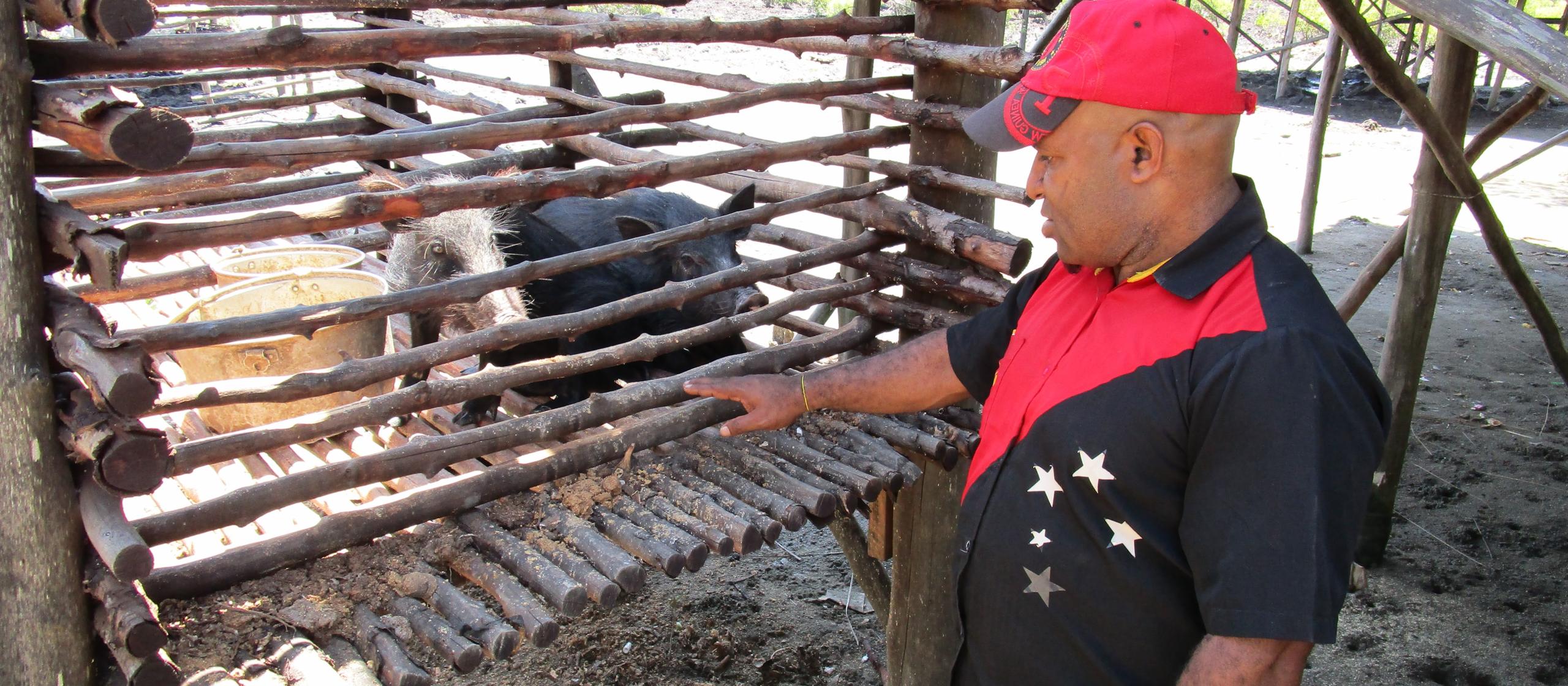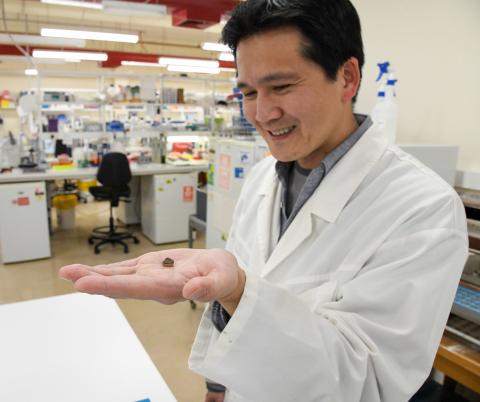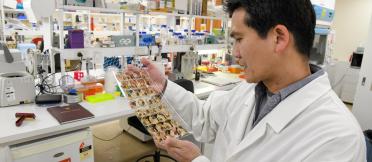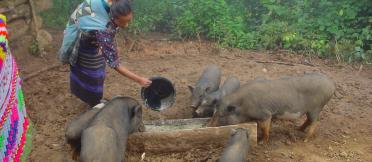In March 2020, ASF was reported in the Highlands region of PNG. ASF is a contagious viral disease of pigs that is transmitted via contact between animals. It is also transmitted through human activities such as feeding pigs contaminated kitchen waste. It has a very high mortality rate and has been known to kill 100% of infected pigs. There is no vaccine for ASF and no effective treatments.
While ASF does not infect humans and infected pork is safe to eat, pigs are central to the life of PNG’s Highlanders—for food, economic, cultural and ceremonial purposes—so the disease has the potential to be devastating. If ASF spreads to the cities of Port Moresby and Lae, commercial piggeries located there would also be at risk.
Since 2019 an ACIAR-supported project has been developing surveillance strategies to help detect mosquito-borne viral diseases that affect both animals and people. The project is also supported by the Australian Government’s Department of Foreign Affairs and Trade (DFAT) as a One Health project. Now, with additional funding from ACIAR, the project team is extending its scope to provide further support to the national ASF response.
An ACIAR-DFAT One Health project has been developing surveillance strategies to help detect mosquito-borne viral diseases in PNG. Now, with additional funding, the work will encompass African swine fever.
Working from the Commonwealth Scientific and Industrial Research Organisation’s (CSIRO) Australian Centre for Disease Preparedness (ACDP), project leader Dr David Williams says the team aims to increase PNG’s capacity to rapidly and accurately detect any incursions of ASF using diagnostic tests to ensure the country can mobilise its response.
‘We were already using pigs at our sentinel sites that are set up to track the presence of the mosquito-borne viruses we are monitoring,’ says Dr Williams. ‘It was a natural add-on to include ASF.’
Ten sentinel sites have been established in PNG across three provinces from which samples have been collected for mosquito-borne virus testing by staff from PNG’s National Agriculture Quarantine and Inspection Authority (NAQIA). NAQIA staff also travel into the Highlands to take samples from penned and free-range pigs to test them for ASF virus infections.







